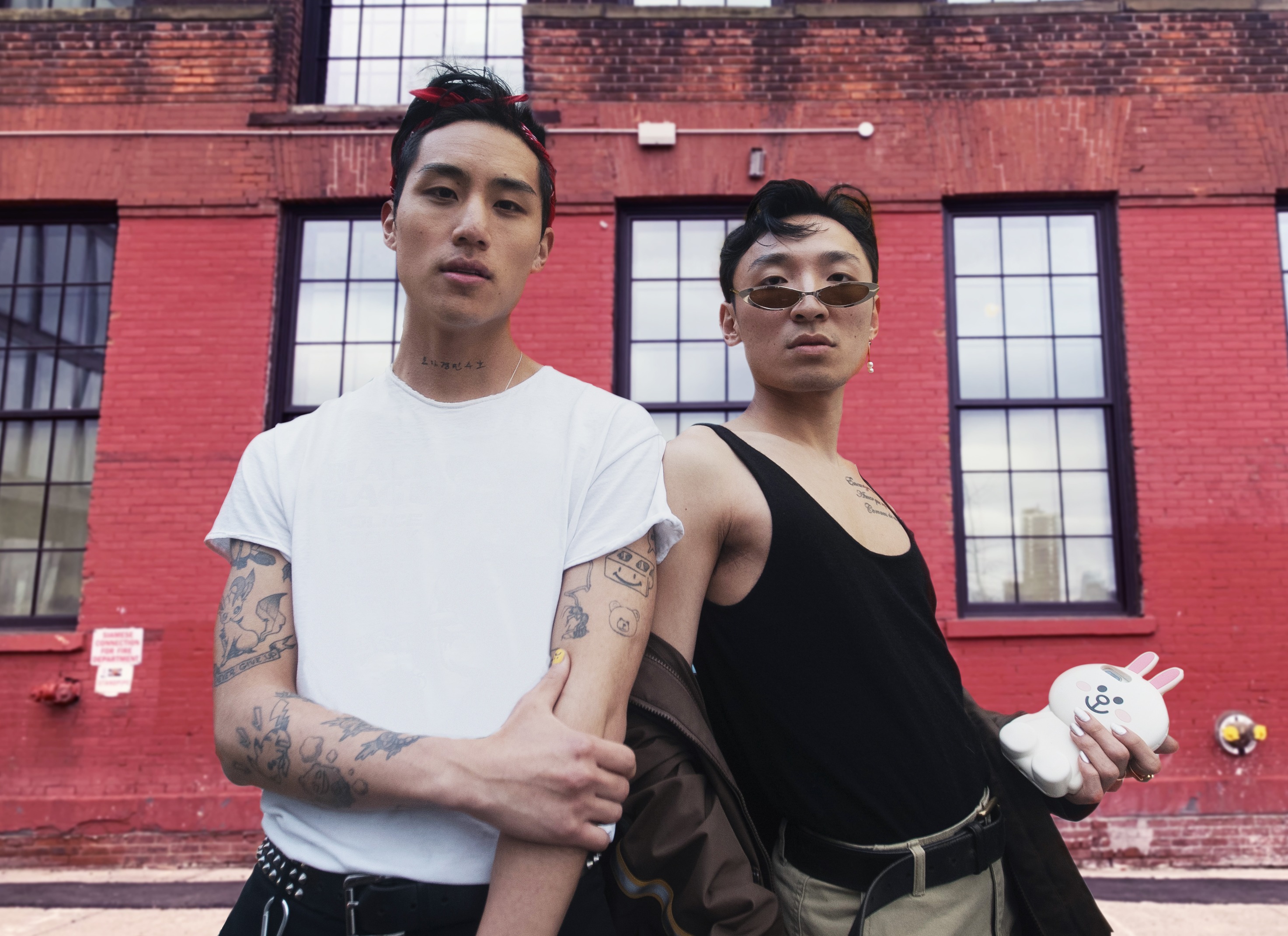Written by Krystalline Armendariz.
The past few years, there’s been a growing mainstream conversation about the Oscars’ disappointing (and glaring) lack of representation. As a queer POC documentary film editor, I’m relieved people are finally recognizing where the film industry falls short.
The cis, straight, whitewashed reality of my industry was a gradual realization for me, and it started with too many moments like this: Midwinter, I’m wearing my puffy black jacket with a flat brimmed hat, walking through the lobby of my office building with my lunch. An older gentleman approaches me from the elevator, gesturing at my food: “I believe that is for me.”
I’m confused, but only for a second.
This white guy in a luxury suit mistook me for a hispanic man here to deliver his lunch. (Delivery people: thank you for doing the work you do!). Like most POC, and many gender non-conforming folks, I could share a long list of experiences exactly like this one. As for this specific memory, I’m still grateful to the doorman — one of the only black men who worked in the building — who stepped in and said, “Sir, she works in the building…”
Back in my cubicle upstairs, surrounded mostly by cis white men, I was hyper aware of the fact that few around me would be able to relate to the experience of being misgendered and racially profiled on their way back from grabbing lunch. I couldn’t find a single person with shared experiences in my office, and definitely not mirrored back to me in the projects we were working on in the edit room.
Back in my cubicle upstairs, surrounded mostly by cis white men, I was hyper aware of the fact that few around me would be able to relate to the experience of being misgendered and racially profiled on their way back from grabbing lunch.
Usually, these projects are large productions that tell the stories of prestigious white people who have the money or fame to warrant films about them — think Miley Cyrus, Elon Musk, Tony Robbins. I’m often the only woman, the only person of color, and the only queer on the job. It means I’m usually the only one who doesn’t see my own lived experiences reflected in my work.
This representation problem is heavily perpetuated by good ol’ network TV, where women still only account for 31% of all contributors on broadcast network, cable, and streaming programs. As for POC representation on these same programs, it’s still pretty bleak: 17% of female characters are Black, 6% are Latina, and 7% are Asian.
None of these facts are new, surprising, or contested. So what are leaders in the film industry doing to change these numbers? When will representation matter enough to the white men who dominate film? And why is the most famous queer doc, Paris is Burning, from 1991?
The fact is that documentary filmmaking is a unique medium that gives filmmakers the power to choose which voices they uplift, and how the people behind those voices will be portrayed. The way queer narratives, and queer POC narratives in particular, are represented in mainstream documentary films is not okay. A quick Google search will show you that the top LGBTQ+ documentaries usually center one of a few main themes: AIDS/HIV, the relationship between religion and sexuality, the gay rights movement, and bullying or hate crimes.
I commend the filmmakers who have documented queer lives and history up to this point, but it’s also clear that mainstream media exploits queerness, perpetuating a stereotype of life that, for many of us, simply isn’t accurate or comprehensive.
I commend the filmmakers who have documented queer lives and history up to this point, but it’s also clear that mainstream media exploits queerness, perpetuating a stereotype of life that, for many of us, simply isn’t accurate or comprehensive. We’re overdue for documentary filmmaking that exposes the magical ordinariness of queer life, and its moments of complexity, too — a balance that’s much different from either erasing or sensationalizing the struggles so many of us face. More than anything, we need filmmaking that carries the narrative of queer life forward, and that stays relevant to queer people today.
These experiences and thoughts swirling in my head were the spark for creating Folx, a queer documentary series. I wanted to tell the stories of the queers I related to, the queers I cared about, and people I could finally see myself in. Sharing these stories makes me feel less alone — they forge connections between marginalized people who have been waiting to hear from others like themselves for far too long.
We’re overdue for documentary filmmaking that exposes the magical ordinariness of queer life, and its moments of complexity, too — a balance that’s much different from either erasing or sensationalizing the struggles so many of us face.
It’s only just beginning, but my hope is to grow Folx into a global storytelling platform, so we can find ourselves in every part of the world. If there is anything documentary filmmaking has taught me, it’s that understanding and seeing ourselves in the humanity of others is critical to feeling human connection, and feeling worthy of it ourselves.
Plus, it’s time for cis white guys to take up a little less space in film, and hold the door open for minority voices to walk through, right?
About the Author
Krystalline Armendariz is a queer Latina documentary filmmaker living in Brooklyn, NY. She is the creator of Folx, a queer documentary series, and has worked in the documentary world as an Assistant & Additional Editor on Feature Documentary Films, Documentary Television Series, Web Series, Commercials, Live Streaming Concerts, & Phone Content. Her work has been featured on Netflix, PBS, MTV, History Channel, Al Jazeera, ESPN, & AMEX.
Follow on IG: @folx.films

